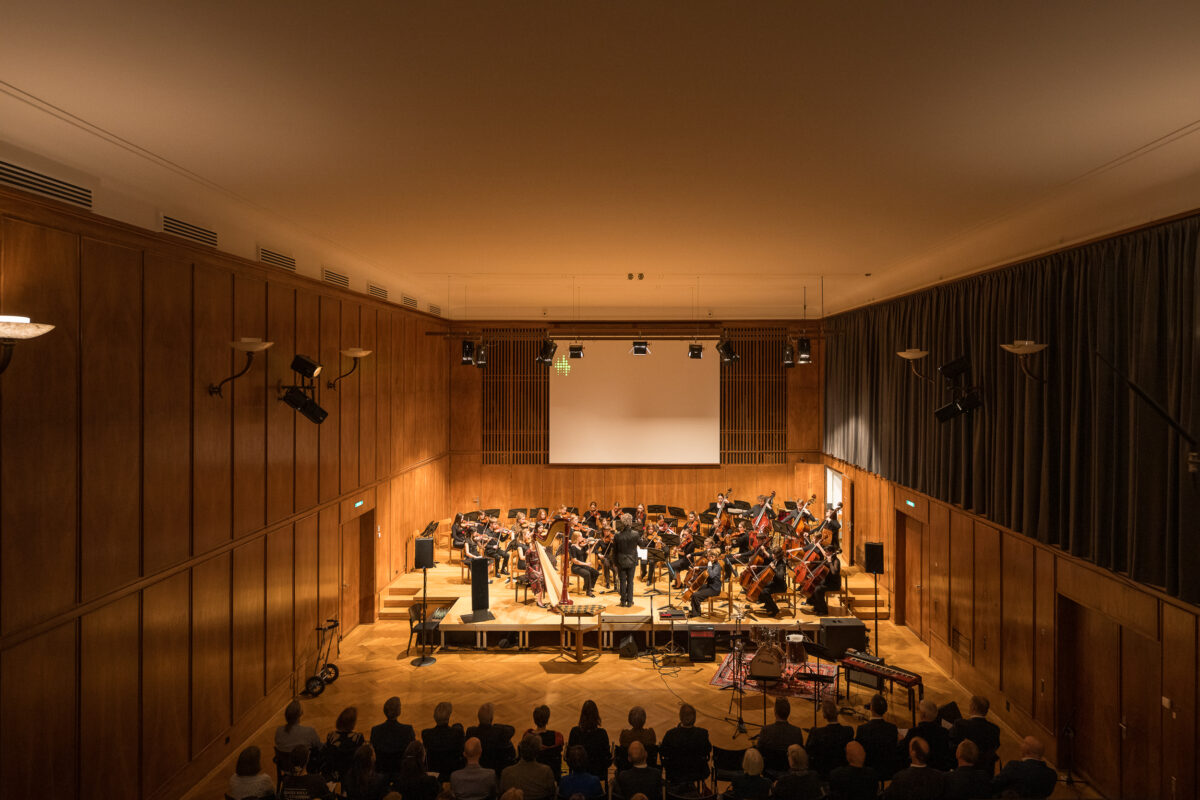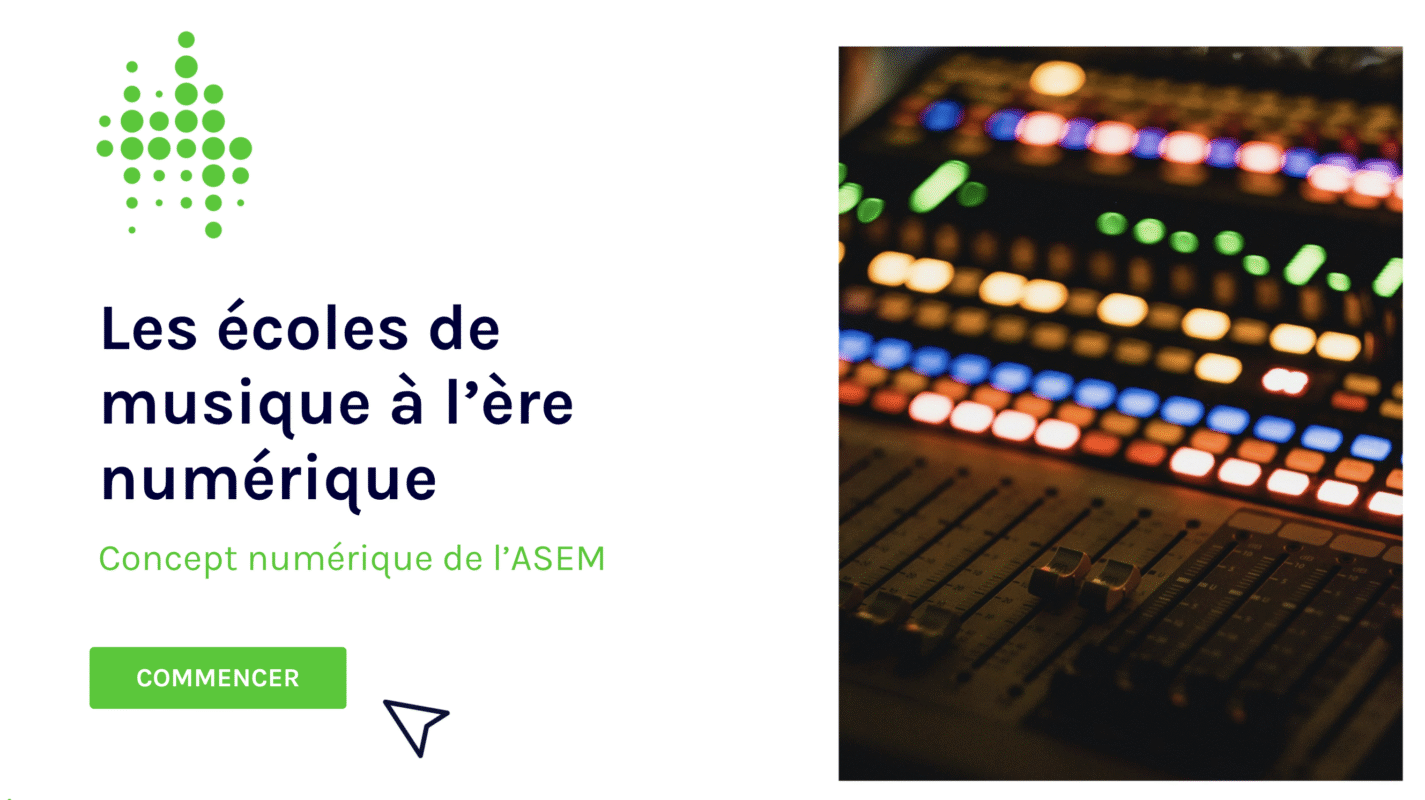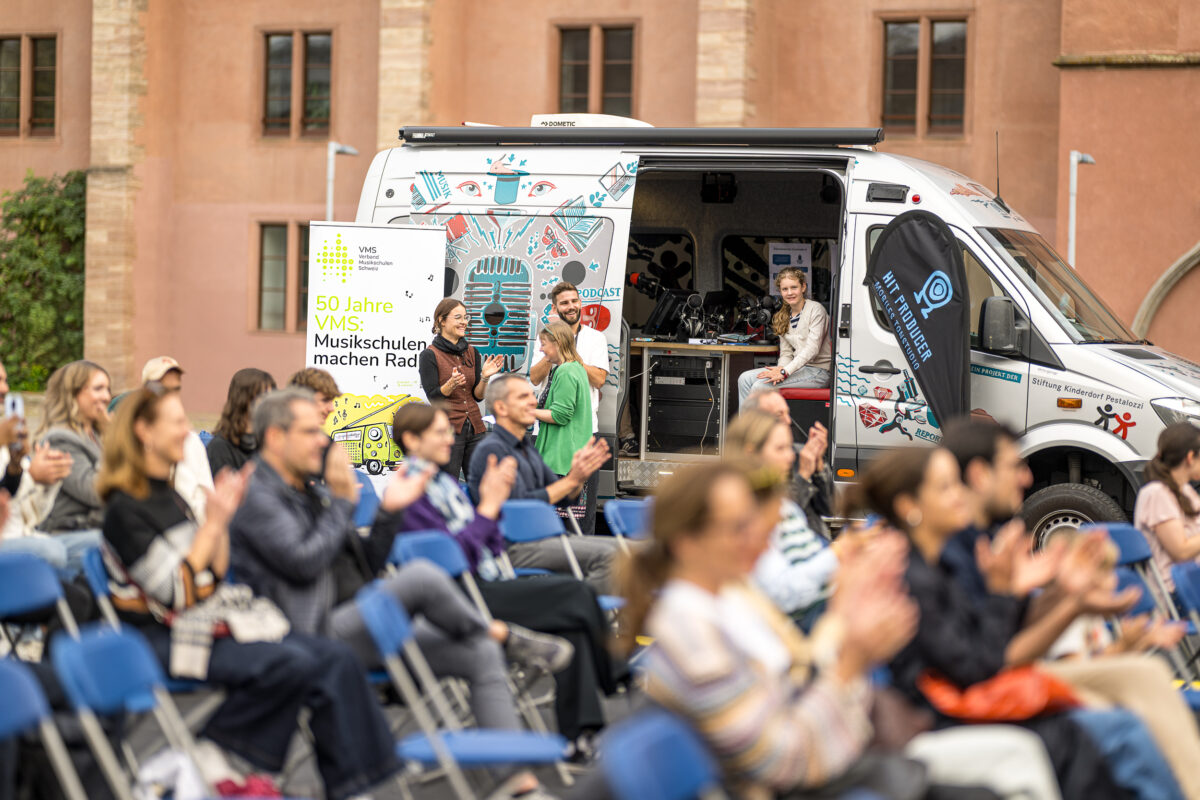The chance to be multidys at EJMA Valais
The jury of the ASEM competition awarded its first prize to a project at EJMA Valais: a Specialized Section which for the past five years has welcomed students with physical or mental disabilities.

Photo : M4all
"I'm lucky enough to be 'multidys' myself: dysorthographic, dyscalculic... And I'm the mother of three young girls who also have these kinds of disorders: I have my own little lab at home." Sarah Perruchoud-Cordonier doesn't beat about the bush to explain why she became interested in teaching children with learning disabilities and why she opened the first specialized section for them at EJMA Valais.
Since August 2020, this section has enabled every child, whatever their cognitive and intellectual level, disability, disorder, illness or addiction, to have access to learning music. Students can take accordion, drums, piano, singing, cello, flute and keyboard lessons, as well as musical initiation and musical language. Nine teachers have specialized in this field with a CAS. And this CAS was awarded to them by M4All, the association that Sarah Perruchoud-Cordonier herself created: "When you come out of a HEM, specialized teaching is not part of your basic curriculum. I had students with whom things just didn't work out, but instead of them giving up, I tried to find keys and integrate them into my classes. My home lab helped. Then I did a DOLCE training course, focusing on educational music therapy for children with learning disabilities, followed by a specialization in Paris. I tried to make an inventory of what was possible, and grouped these pedagogical tools together in a method I called Les Clés de la Pédagogie M4all, and then set up a training organization, M4all Formation Sàrl".
Learning to interact
The idea behind this training is to offer action-response teaching, based on case studies and teaching tools adapted to each disorder. We learn how to interact with these children, not how to teach music. A dyslexic pupil, for example, will be dyslexic all his life, including when it comes to reading sheet music. We work out with him how he can take part in a concert.
Students in the specialized section are included in global school projects. They take part in workshops, group classes, even concerts, "and nobody notices a thing," says Sarah Perruchoud-Cordonier. "We give group classes with a real education for others. We explain what Down's Syndrome is, for example. We pretend to believe that these different children will integrate into ordinary society. And when the handicap is too severe, we look for a solution that won't harm the others. It has to be a plus for everyone.
Around a hundred students have benefited from this section at EJMA Valais since its creation. And some of the teachers trained are now applying the method in other music schools in French-speaking Switzerland.








